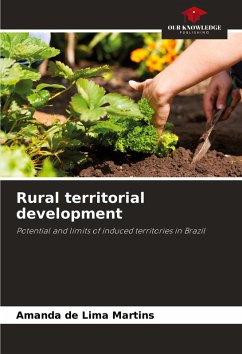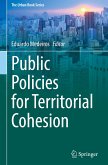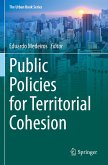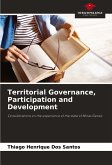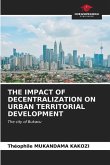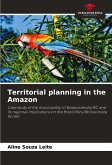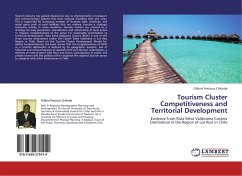The discussion on territorial development emerged after the process of globalisation, when the whole international environment provided this new approach. At this time, there was an intensification of the process of decentralisation of state power, since the proposal was to 'remove' national borders; the local, and no longer the national, became the focus of policies. In the 1990s, decentralised rural development policies began to be implemented in Brazil, with the aim of overcoming underdevelopment through local dynamics, i.e. achieved according to local capacities, in an endogenous way. The following decade saw the start of a different proposal, a territorial development project with an inter-municipal approach in which the state intervenes strongly, opposing the hegemonic theory of the mainstream. This paper aims to analyse these territorial development policies in order to see their potential and limits, based on the latest government programme, Territories of Citizenship.
Bitte wählen Sie Ihr Anliegen aus.
Rechnungen
Retourenschein anfordern
Bestellstatus
Storno

